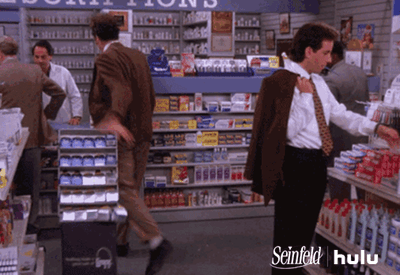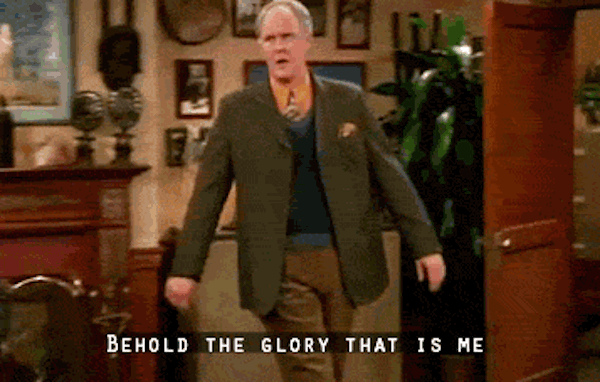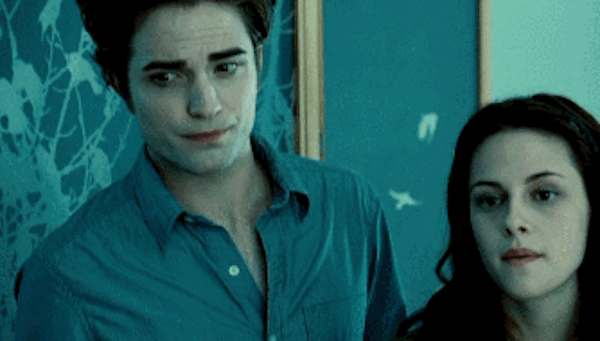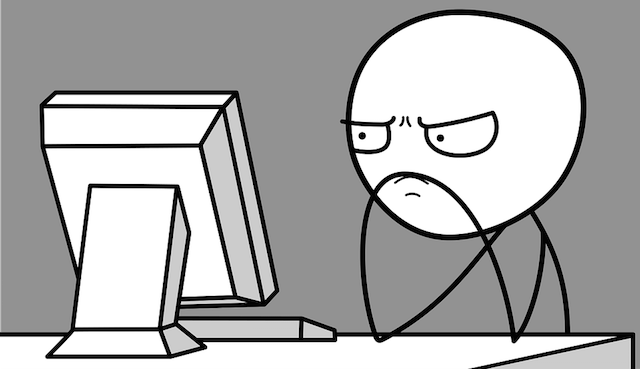With every couple of years, there are trends that become worldwide, phenomenons of literature. The problem arises after a novel becomes a major national hit and it begins to affect future stories. As a way to test out their possible success in their own original story, some authors recycle certain factors of that bestselling novel, such as the characterization or the main theme.
Much like the way in which a joke receives less chuckles each time it is told, repeating the same character formulas will create the same result: a tiresomely predictable protagonist with (rarely) any real depth. In the case of book sagas such as Twilight, Fifty Shades of Grey, and a few moments in the Divergent series, the female protagonists share almost exactly the same four flaws that turned them into dull characters and narrators. Without further ado, here goes:
1. The Perils Of Clumsiness
Anastasia Steele and Bella Swan literally trip their way through the book, and Tris voices out how it is difficult for her to do kind deeds because her clumsiness oftentimes gets in the way and backfires. Now, consistency is something appreciated in every character development process. Every strong character manages to hold on to specific quirks while still leaving room for improvements and maturity.
The key point to consider is that there are key differences between a subtle reminder of those quirks, and having them constantly hammered into your head every two pages while they practically scream, “WE ARE QUIRKS, WE ARE HERE, PAY ATTENTION TO OUR QUIRKINESS.”

Source: Giphy
2. Awkward Friendships and Martyrdom
“Damn my hair – it just won’t behave, and damn Katherine Kavanagh for being ill and subjecting me to this ordeal. Kate is my roommate, and she has chosen today of all days to succumb to the flu.” ~Anastasia Steele, Fifty Shades of Grey (E.L. James)
Ah, that good ol’ Katherine. How dare she get so inconveniently sick that she has to ask her roommate for a favor the latter could easily decline? The nerve. Ana, on the other hand, continues her internal complaints then ironically elaborates on how Katherine is her ‘dearest, dearest friend.’
Double standards like those lower the character’s overall likability. For instance, upon meeting all these people who are so eager to introduce themselves and welcome her, Bella does not even bother to make an effort to remember their names; when her dry sarcasm is not praised by one of her peers, she even goes as far as to think, “It looked like clouds and a sense of humor didn’t mix. A few months of this and I’d forget how to use sarcasm.”
I will give points to Tris for establishing a strong friendship with Christina and follow it through like any decent person would.
3. False Modesty
In the first book alone, there are at least four fellows who are practically drooling over Bella, excluding Edward Cullen and his sparkly disposition. Throughout the novel she goes back and forth between alleged self-deprecation and her detachment toward her “clearly admiring” parade of boys.
The same is repeated with Anastasia Steele and Tris. How much of a coincidence is it that they claim they are otherwise forgettable, yet they are more than aware of the lengthy line of suitors who are in constant awe of their apparent awesome personality?

Source: Giphy
4. The *Swoon* Factor
What does one really know about Anastasia Steele other than the idea that she trips a lot and likes classic British novels? Does anyone really have a clear image of what Bella Swan is supposed to look like other than a really pale-skinned brunette with brown eyes? What interested Bella, Ana, and Tris as individuals before they got wrapped into their present plots?
It is alarmingly ironic that the female protagonists, the narrators, reveal so little about themselves and their past, but they spend numerous pages gushing with adjectives to cover anything pertaining to their significant other. Even Tris mentions how Four has a ‘spare upper lip and a full upper lip‘ and goes into great detail about the type of dark blue his eyes are, but limits her own appearance with the word ‘plain’.
As a reader, one ends up knowing far more about Edward Cullen, Christian Grey, and Four than the supposed main character the story revolves around.

Source: Giphy
Overall, Tris is the least harmful of the trio mentioned, but she still has a long way to go before she is a fully developed, memorable character. The trend for incomplete characters is not refreshing nor innovative, nor does it ’empower’ women. At its best, women have decided to take it upon themselves to write up strong, resourceful, and self-reliant female protagonists.
YouTube Channel: TheBookLife
Featured image via: Pixabay




